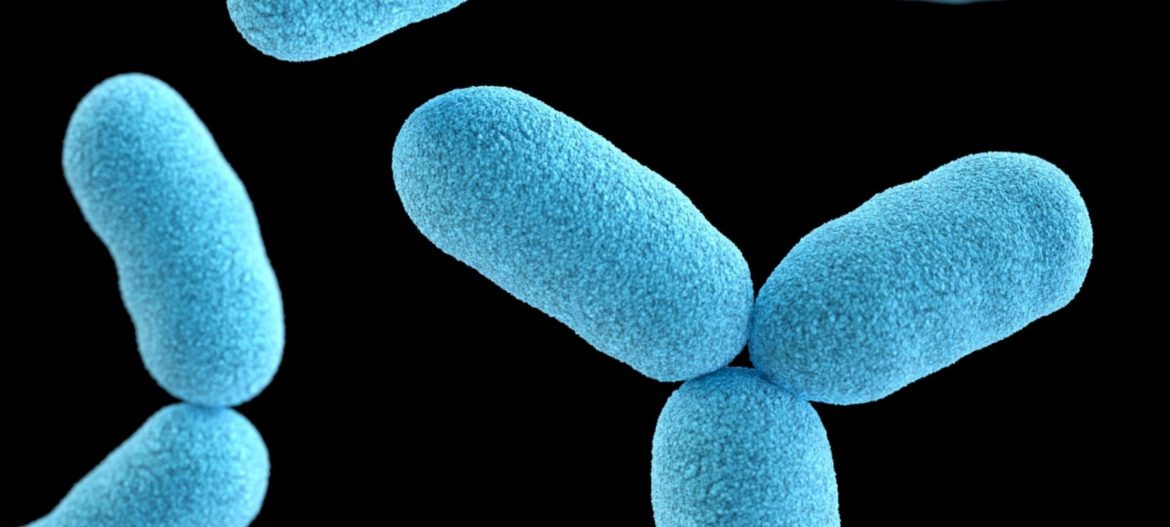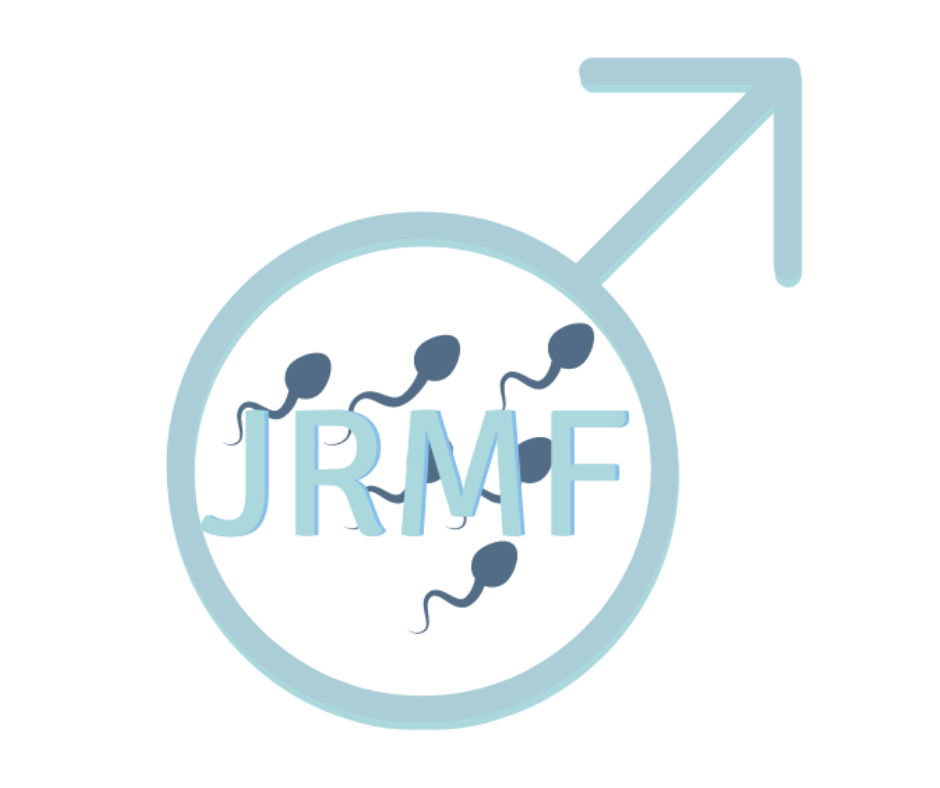We have always known that our bodies are literally teeming with micro organisms. Many of these germs are completely harmless, and in the gut, where they are most numerous, they act together to aid digestion and maintain a healthy environment inside the bowel.
Occasionally the composition of these organisms becomes unbalanced, known as dysbiosis, and symptoms, usually a change in bowel habit, results. It is in fact rare, and requires the presence of some potentially dangerous organisms, to actually develop an ‘infection’, which only occurs when there is a severe overgrowth of one organism. This is when it becomes predominant and “takes over” the Microbiome.
Infections of the bowel can also occur when there is a foreign invader (commonly known as food poisoning) which temporarily overwhelms the protective effect of the Microbiome.
So could a similar situation exist in the genital tract, which carries and expels the sperm and seminal fluid? The answer as explored in this recent review from my colleagues at Hammersmith is Yes!
This extremely well-researched review uses a technique called meta-analysis to combine all the worldwide published data on the subject to see whether the concept is valid, and whether we can draw any useful conclusions.
The conclusions may well be relevant to understanding some of the causes of unexplained male infertility. It seems that certain organisms in the seminal microbiome are protective, maintaining fertility and some others are damaging.
So far it seems that "Lactobacillus" is protective and "Ureaplasma" is damaging.
But this is just the beginning, and there are many other organisms to discover and interrogate before we can develop useful treatment strategies.
We have to remember that antibiotics are blunt instruments, and as nutritionists have always suggested, probiotics may be more useful.
So I think that we will all be watching this space. We have many semen specimens waiting for analysis at Hammersmith, and when the research labs reopen, there will be more useful information.


